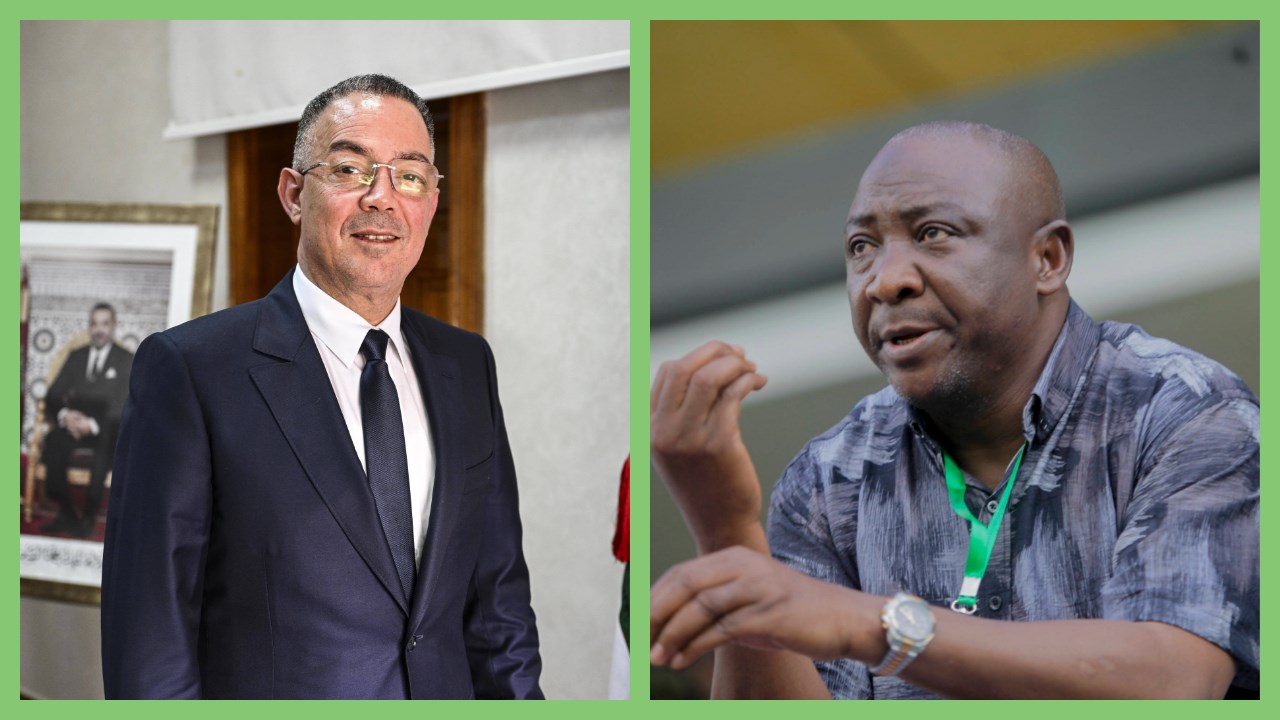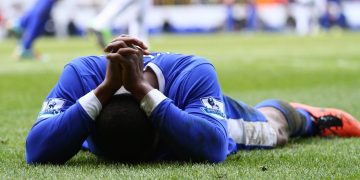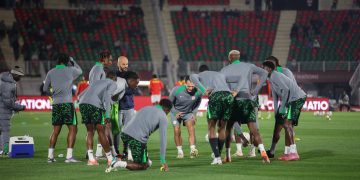I remember growing up in Ibadan, I had a neighbour who was very talented in a game of football, but had his dreams of becoming a professional football squashed.
He went for a Football training camp organised by Aspire academy, but he missed the cut because he was not influential enough, and could not bribe his way into selection.
He kept on trying in other training programs, but it was the same issue, and just like that his dream of becoming a professional footballer died a natural death. He is the victim of the system that birthed him as well as the culture that nurtured him. That system stunts a lot of growth for a lot of people, and it kills dreams for others.
One day some are riding high, the next day they're cut down by a simple injury. Schools are underfunded to aid dreams, and systems are rippled with corruption. Thus, fairness is forever eroded. The corruption is systemic and cutthroat.
Corruption is a big epidemic that has eaten deep into all the sectors of Nigeria's economy. Almost all of Nigeria's problems are rooted in corruption. This corruption dates back to the crooked mismanagement that tainted the legacy of FESTAC '77 – the height of Nigeria's wealth and the dawn of its sorrows.
According to the latest Corruption Perception Index rankings (CPI), Nigeria is the 27th most corrupt country in the world. The plague is something the country has been battling since it gained independence from her colonial masters.
Although politicians in Nigeria are seen as the most corrupt set of people in the country, the average Nigerian is corrupt. An average Nigerian in a position of influence only thinks about how he can use the role to change his life and that of his immediate family.
While corruption is found in almost every sector of Nigeria's economy, from a systemic problem standpoint, it is perhaps more rampant in the Sports sector. This crooked state of affairs has stagnated Nigerian sports for years.
Sports – especially football is a big thing in the country.
Yet, due to a lot of issues that range from bad administrations, lack of transparency to nepotism, it is underdeveloped. All these are offsprings of corruption. Of all the stages, Nigerian grassroots affected most by the corrupt practices going on in the Sports sector. And once the grassroots is hit, there's no way a country can grow in any industry.
The grassroots is the foundation upon which mainstream success is built. In advanced climes like the US, sporty kids are nurtured from their early teens all the way to varsity sports in high school. Then, children from questionable backgrounds have options for scholarships to colleges that recruit them.
Their lives change, and kids with bleak futures suddenly become breadwinners. In Nigeria, that is missing. School sports is dead, and it seldom serves Nigeria. When young men are picked for sports, it's usually about politics and corruption. Fairness is eroded.
Putting it in context, some of the problems with grassroots sports are, the substandard quality of coaches. Second, the administrators find a way to divert funds meant for the development of grassroots sports for their benefits.
The infrastructures put in place are not the best for developing these athletes, while a majority struggle financially. As a result, these athletes struggle when they go out to compete in major competitions. With issues like this, our best talents find every opportunity to leave for saner climes.
It's no surprise to see someone like Divine Oduduru is flourishing in Texas after so many years of frustration in Nigeria. There are many like Oduduru in Nigeria who have the talent but have been neglected by our corrupt sports officials.
Football, for example, is the biggest sport in the country, but the Nigeria Football Federation (NFF) does not care about the development of the game at the local level. This is evident in the way the Nigeria Professional Football League is being run. Bad officiating, mismanagement, poor welfare, incompetent administrators are prime examples of why our league is in its current state.
The league is rooted in corruption, and that's because a majority of the stakeholders have no idea, but are just in it for the money. The players are paid peanuts despite having a family to feed. Recently, I was at the game between MFM and Dakaada FC, and the quality of jerseys worn by the two teams was embarrassing.
The LMC recently signed a million-dollar deal with Next TV, but the rewards from the deal are yet to be seen. This is not limited to football alone as it affects other sports too especially athletics. The athletes that are expected to represent us at the Olympics are not given proper training despite the funds provided by the Ministry of Sports.
Even at the top level, the issue persists. A colleague informed me adequate jerseys were not provided for the U-17 boys that Emmanuel Amuneke coached to glory in 2015 despite the NFF having an agreement with Nike.
In his words, he revealed the former AFCON winner told him the players couldn't exchange jerseys at the 2015 U-17 Africa Cup of Nations because there are no replacements.
The NFF signed a new deal with Nike after the 2018 World Cup, and such a deal should have an impact on the development of local football in the country, but it's obvious the country's football governing body does not care about that.
Right now, corruption is a big conundrum that has stalled the development of sports in Nigeria, and if it is not tackled immediately, the country will continue to experience a brain drain. Strong actions are required, and the journey must start with media activism.





